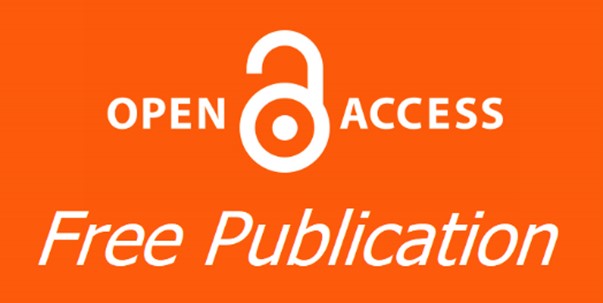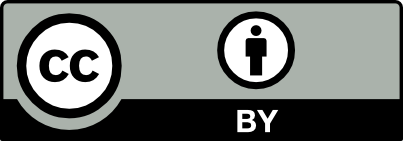Document Type
Original Study
Abstract
Purpose: The objective of this study is to evaluate the effect of Tea tree oil mouthwash on salivary Streptococcus mutans count in a group of children compared to chlorhexidine. Materials and methods: 24 children from both sexes participated in the study. Their ages ranged from 8 to12 years. Participants were divided into 2 groups (1&2), each group included 12 children. Group 1: every child was given a bottle of prepared tea tree oil mouthwash (0.2%) for rinsing. Group 2: every child was given a bottle of chlorhexidine mouthwash (0.12 %) for rinsing. Unstimulated saliva samples were collected and microbiological analysis was done. Results: There was a significant reduction in the mean number of Streptococcus mutans colonies in both tea tree oil and chlorohexidine groups. Conclusion: Tea tree oil mouthwash has significant antimicrobial activity and could be utilized as a natural substitute to chlorhexidine
Keywords
Tea tree oil; Streptococcus mutans; chlorhexidine
How to Cite This Article
Khalil, Alaa; Mostafa, Mohamad; El-Araby, Salam; and El-Bouseary, Maisra
(2023)
"Evaluation of the Effect of Tea Tree Oil Mouthwash on Streptococcus Mutans as Compared with Chlorohexidine in A Group of Egyptian Children,"
Al-Azhar Journal of Dentistry: Vol. 10:
Iss.
1, Article 20.
DOI: https://doi.org/10.58675/2974-4164.1476
Subject Area
Pediatric dentistry and orthodontics Issue (Pediatric Dentistry, Orthodontics)








